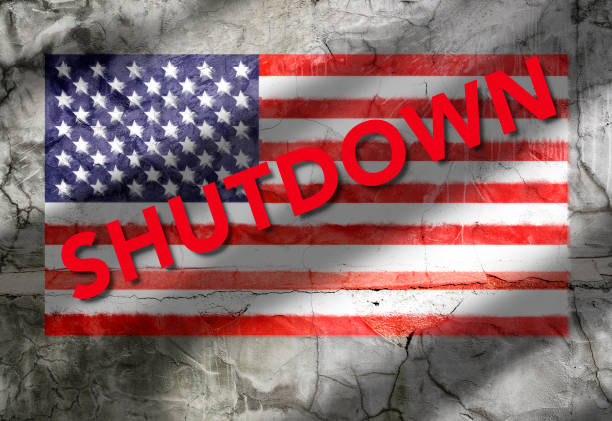Dollar Tree has decided to sell Family Dollar to a private equity firm for $1 billion, ending its nearly decade-long ownership of the brand. The decision comes after years of financial struggles, operational challenges, and increased competition in the retail sector.
Dollar Tree, Inc. initially acquired Family Dollar in 2015 for $8.5 billion, hoping to expand its market share more effectively and compete with big-box retailers like Walmart, Target, and Dollar General, as well as e-commerce companies such as Amazon, Temu, AliExpress, and TikTok Shop.
With over 7,000 Family Dollar stores at the time of the purchase, the acquisition was meant to strengthen Dollar Tree’s presence in urban, low-income communities where Family Dollar had a strong customer base. However, integrating Family Dollar into the Dollar Tree business model proved more challenging than anticipated.
Over the years, Family Dollar has struggled with declining sales, supply chain disruption, and store maintenance issues, which have led to multiple store closures and a decline in profitability. Additionally, the company faced regulatory challenges, including a 2022 incident where the FDA found rodents and unsanitary conditions in a Family Dollar distribution warehouse, which led to a major recall of consumer goods and further damaged the brand’s reputation in the public eye.
Despite several restructuring efforts, including store renovations and price adjustments, Family Dollar continues to struggle and underperform compared to its parent company. As competition in the discount retail industry intensified, Dollar Tree decided to divest from Family Dollar and focus on its core business, which operates under a more profitable business model.
Family Dollar was diverting resources and attention from Dollar Tree’s core operations. “Family Dollar turnaround efforts had been consuming massive amounts of both management focus and financial resources, and now the company can focus all of its efforts toward growing and optimizing Dollar Tree,” a financial analyst noted.
With rising inflation and economic uncertainty affecting both business and consumers, Dollar Tree is shifting to improve its profitability and strengthen its core business. “Doesn’t matter how much money you make, everybody is hurting right now,” CEO Mike Creedon said on a post-earnings call, emphasizing the financial pressures shaping the retail industry today.
The sale of Family Dollar marks a significant shift in Dollar Tree’s business strategy, allowing it to reallocate resources to focus on strengthening its brand. Bridegate Capital management, the owners behind brands like Rite Aid and Tim Hortons will now face the challenge of revitalizing family dollar and addressing the core issues that have plagued it for over a decade as it will need to invest heavily in in-store improvements, supply chain optimization, and rebranding to restore customer faith and confidence in dollar general and to revitalize the brand.

















